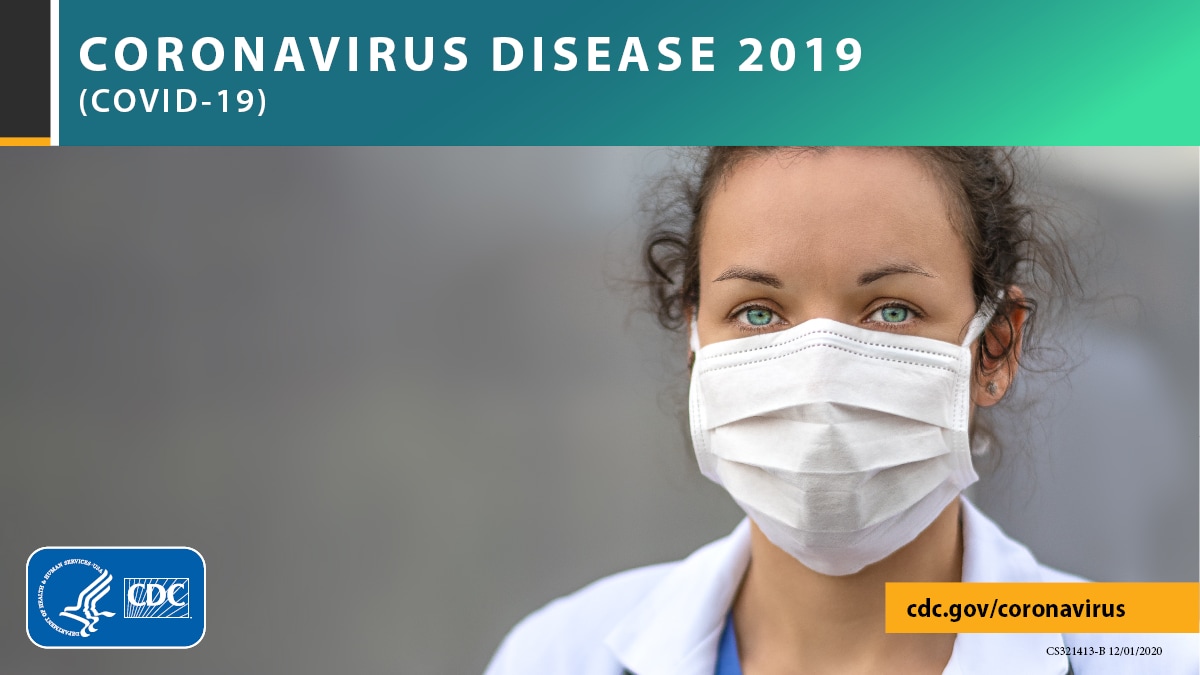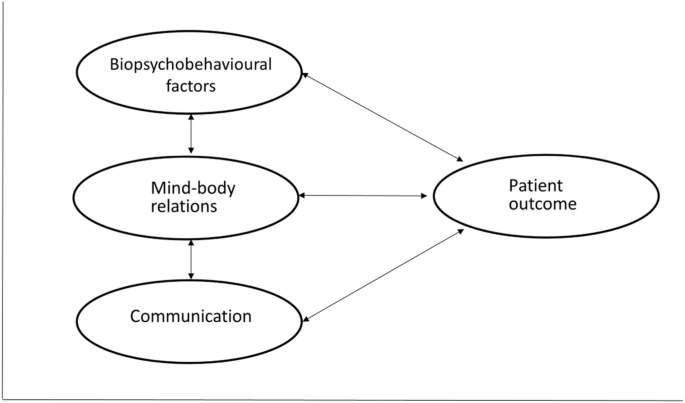Post-COVID Conditions: Information for Healthcare Providers

- Setting achievable goals through shared decision-making can be beneficial.
- Transparency is important for the process of goal setting; healthcare professionals should advise patients that Post-COVID Conditions are not yet well understood and assure them that support will continue to be provided as new information emerges.
- Healthcare professionals and patients should continue to discuss progress and challenges and reassess goals as needed.
- Symptoms not explained by, or out of proportion to, objective findings are not uncommon after COVID-19 and should not be dismissed, even if there is not yet a full understanding of their etiology or their expected duration.
Effective Post-COVID care can include:
Symptom management approaches
Many Post-COVID Conditions can be improved through established symptom management approaches (e.g., breathing exercises to improve symptoms of dyspnea). Creating a comprehensive rehabilitation plan may be helpful for some patients, and might include physical and occupational therapy, speech and language therapy, or vocational therapy, as well as neurologic rehabilitation for cognitive symptoms.
A conservative physical rehabilitation plan might be indicated for some patients (e.g., persons with post-exertional malaise) and consultation with physiatry for cautious initiation of exercise and recommendations about pacing may be useful. Gradual return to activity as tolerated could be helpful for most patients.
Optimizing management of underlying medical conditions might include counseling on lifestyle components such as nutrition, sleep, and stress reduction (e.g., meditation).
Patient diaries and calendars might be useful to document changes in health conditions and symptom severity—especially in relation to potential triggers such as exertion (physical and cognitive), foods, menstruation, and treatments or medications. Such diaries and calendars can provide greater insight into patients’ symptoms and lived experience for healthcare providers. Healthcare providers should encourage patients to report any new or changing symptoms and to discuss any changes in activities or routines.
Patients with Post-COVID Conditions may share some of the symptoms that occur in patients who experience:
Symptom management approaches that have been helpful for these disorders may also benefit some patients with Post-COVID Conditions (e.g., activity management (pacing) for post-exertional malaise).
Medications
FDA-approved or over-the-counter medications, as well as vitamin or electrolyte supplements, may be helpful for indicated illnesses (e.g., headache, anxiety) or documented deficiencies (e.g., vitamin deficiency) after carefully weighing the benefits and risks of pharmaceutical interventions. Some treatments have been offered that lack evidence of efficacy or effectiveness and could be harmful to patients. Healthcare providers should inquire about any unprescribed medications, herbal remedies, supplements, or other treatments that patients may be taking for their Post-COVID Conditions and evaluate for drug interactions.
Recognizing and validating the impact of illness on quality of life should be part of the ongoing healthcare professional and patient interaction. Healthcare professionals can provide information on peer support resources (e.g., patient support groups, online forums). Support groups are connecting individuals, providing support, and sharing resources for persons affected by COVID-19 (see Resources). When material, employment, or other social support needs are identified, healthcare professionals should consider referral themselves (if they are knowledgeable and able) and engaging a social worker, case worker, community health worker, or similarly trained professional to assist.
Patient advocacy groups have raised concerns that some Post-COVID Conditions have been either misdiagnosed as or misattributed to psychiatric causes or deconditioning, particularly among persons who belong to groups that have been marginalized or disproportionately impacted. Sensitivity to and awareness of stigma, completing a full clinical evaluation, and maintaining an attitude of empathy and understanding can help address these concerns.
link

![[2025 Physical Health Awareness Survey] Physical Health Self-Assessment and Health Management Efforts [2025 Physical Health Awareness Survey] Physical Health Self-Assessment and Health Management Efforts](https://i0.wp.com/hrcopinion.co.kr/wp-content/uploads/2025/08/iStock-1186136736.jpg?fit=680%2C453&ssl=1)



